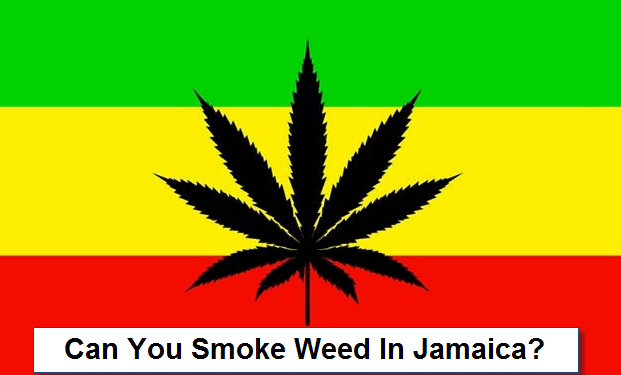Professor Errol Morrison, director general of the National Commission on Science and Technology and world renowned diabetologist, after listening to a flawed scientific presentation, has been heard to say, “Science is science and joke is joke.” Professor Morrison, more than anyone I know, is uniquely qualified to make this distinction. He is scientist par excellence who possesses a quick wit and a great sense of humour.
Let me take the liberty to suggest that, “Pharmaceutical regulatory science is pharmaceutical regulatory science and joke is joke.” This statement, in the context of the regulation of medical cannabis in Jamaica, is apt. Further, best pharmaceutical regulatory science that focuses at all times on the preservation of human and animal life is not a space for uninformed neophytes. Jamaica is now pushing to become a global player in the medical cannabis arena and must maintain its record as possessing one of the most respected pharmaceutical product-regulating systems among emerging nations.
Good regulatory systems
The span of regulatory control in the pharmaceutical sector covers training, product development, assessment and evaluation, product categorising and listing, ranging to post-marketing surveillance. This cycle should not vary, whether we are talking about paracetamol or medical cannabis.
Good government principles of openness, transparency, accountability, integrity, clarity of purpose, and effectiveness pervade the best pharmaceutical regulatory systems. Pharmacy regulators are trained in this area and understand the importance of high standards to gaining national and global acceptability and recognition.
Regulating with integrity
As we are celebrating Pharmacy Week, November 19-25, 2017, I remember Dr Grace Allen Young, now deceased, who set the example for all pharmacy regulators by returning to the regulated entities all gifts and tokens sent to the Pharmaceutical Services Division in the Ministry of Health at Christmastime. In her view, the work of her inspectors and technical officers was serious business and not to be tainted by any hint of bias, collusion, or patina of self- dealing. May her soul rest in peace.
I have a vested interest in ensuring that our regulatory system remains untainted. The University of Technology, Jamaica, at which I am employed, is making progress in attracting international interest and funding for our growing expertise in the medical cannabis business. We assure our international partners by showcasing the strength and high ethical standards of our pharmaceutical regulatory system, the strength of our technical competence in solving a wide range of clinical trial issues, and our determination to be globally competitive. All these, plus unequalled client service, have convinced our affiliates that we should be their academic partner of choice in Jamaica.
Our quest to become global players in the medical cannabis space depends in no small measure on how big and small investors perceive and experience our Jamaican pharmaceutical regulatory sector. So, the matter of potential impropriety in the training of doctors and pharmacists raised recently by the Jamaica Ganja Growers and Producers Association is an issue that must be cleared up post-haste. Certainly, tertiary institutions must move to expand their in-service training courses into continuing education offerings with certification for existing pharmacists, doctors, nurses, cultivators, and every stakeholder in the medical cannabis space.
Restore the Standards and Regulations Division
The Standard and Regulations Division must be strengthened to provide a unitary best practice regulatory service and oversight. Pharmacists employed in this division to protect the public health and welfare must be empowered to do so in an unimpeded manner. The current circumstances under which the employees in that division work must be improved. These pharmacists are the unsung heroes in the protection of public health and safety. After all, it was outstanding regulatory effort that prevented Jamaica from becoming a dumping ground for banned pseudoephedrine. Between 1995-1996, the Pharmaceutical Services Division ensured that the lives of our children were protected from tainted paracetamol. In that period, 88 children lost their lives in Haiti from tainted paracetamol products. These are but two examples of positive action that was taken to protect Jamaicans from pharmaceutical misadventure.
The Standards and Regulations Division must be restored, strengthened and supported without the creation of a patchwork of committees that increase the risk of cronyism and favoured regulatory status.
Finally, the matter of double registration for registered pharmacists and pharmacies must be resolved between the Cannabis Licensing Authority and the Pharmacy Council of Jamaica. Registered pharmacists need clear direction on this matter. Which authority will monitor and regulate the retail pharmacy sector, with specific reference to medical cannabis?
The matters raised above are of concern to many pharmacists, cultivators and other stakeholders who want to get on with the science and business of providing well-conducted clinical trials, effective products and delivery systems from cannabis in a fair marketplace. I know that the application of best pharmaceutical regulatory science will clarify some of these issues and forestall many of the unfair practices that can emerge.
credit:420intel.com

